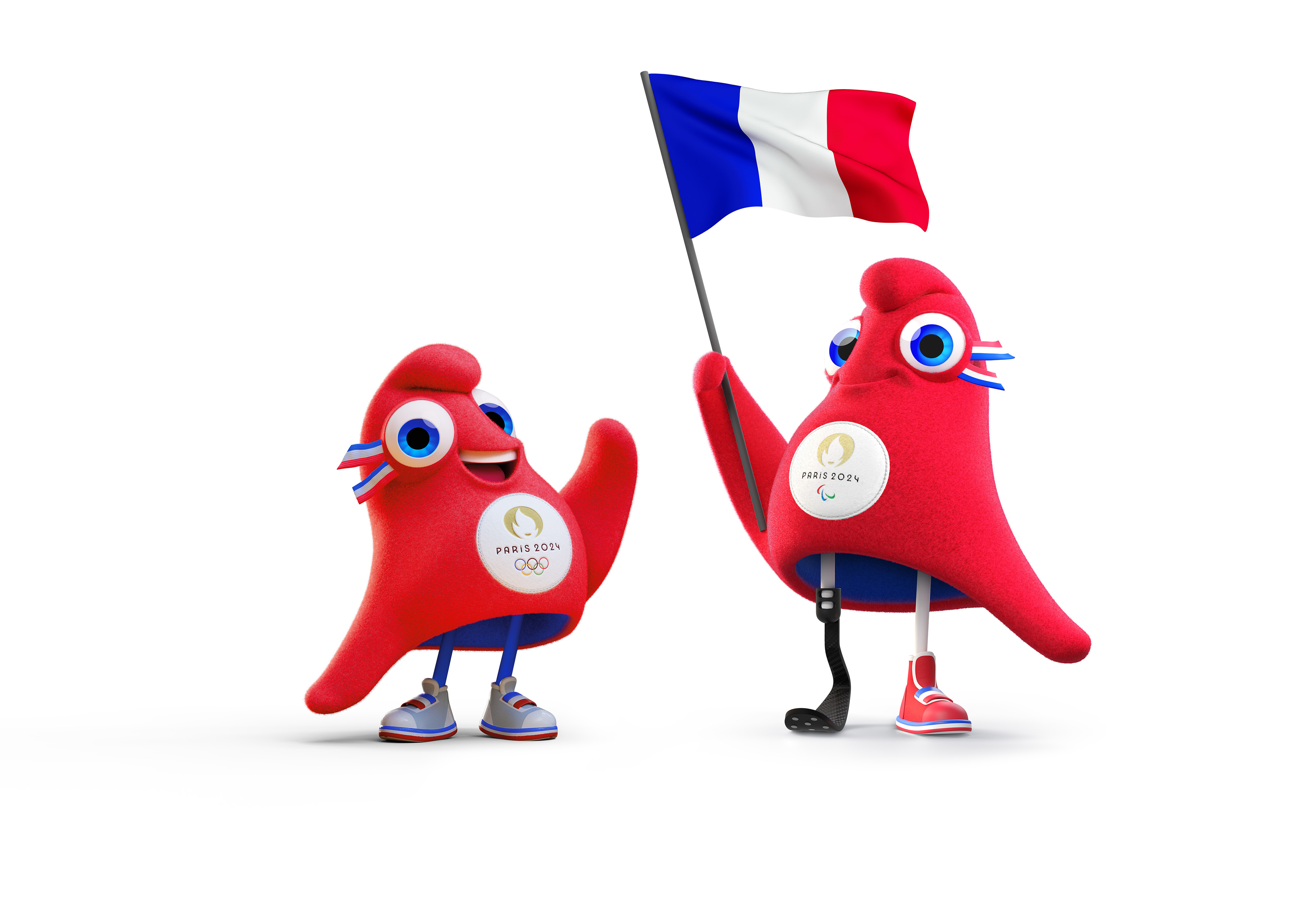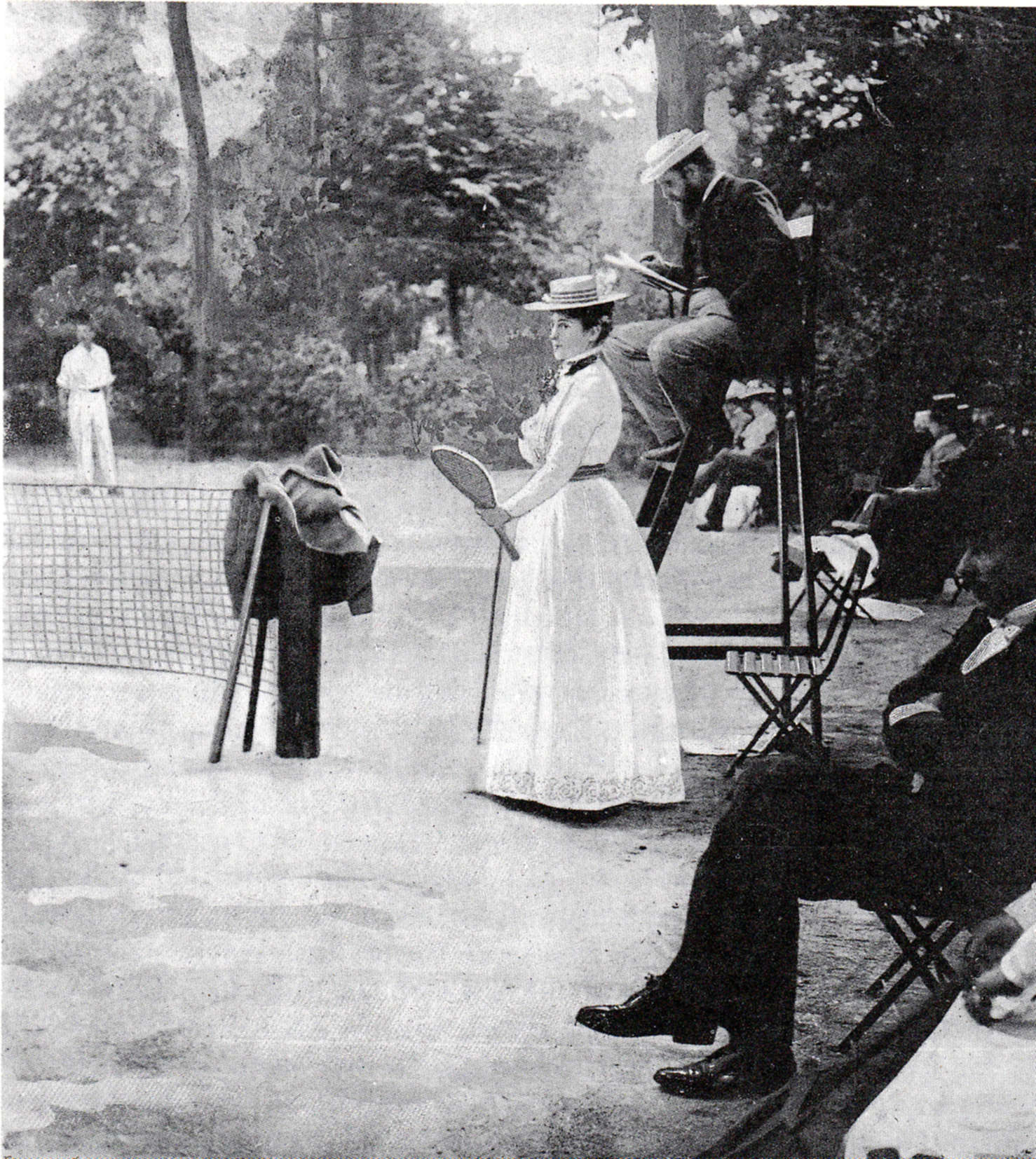The 2024 Paris Olympic Games' Worrisome Approach

The Olympic Games are coming to Paris in Summer 2024. The city of Paris, which includes a population of 2.1 million, a greater region of 12 million, and an average influx of 50 million tourists throughout the summer months, is not infrastructurally prepared to accommodate the expected arrival of 1.7-2.3 million tourists, players, and business associated with the global spectacle. But what does this mean for AUP students?
How should students, both new and incoming, prepare for the Summer of 2024? Will they even be able to have summer classes? What dangers does this influx– with a planned 35,000 increase in police presence– mean to the dangers of students trying to go about their daily lives from July 26 to August 11?
Master’s student and Graduate Student Council President Dominic Spada, who plans on remaining in Paris indefinitely, is “personally not looking forward to it.” The sentiment is shared by many students who fear Paris’ regular summer crowds are already too much of a burden on the city.
Dominic said, “Paris is too small a city to host the 6+ million people that will be here just for that event; even this past summer felt really congested. The cost of it overall doesn’t bug me hugely, but I’m really concerned about the infrastructure being able to handle the sheer mass of people coming into the city.”
Image Credit: Olympics ParisThe cost of the Olympic Games has reached nearly 4 billion Euros, but with nearly 97% privately funded, it’s not a concern for French citizens. That is why looking at the secondary and tertiary impacts of this sort of event is essential to seeing the bigger picture.
In 2013, the Paris Grand Express, nearly 200 kilometers of automated railways, was proposed in conjunction with the Olympics, serving a projected two million passengers daily. This proposal includes direct routes from the city center to the airports, but this too has now been derailed to 2030. Not only is the city already far behind on many planned public transportation expansions, but they have already grossly underestimated and under-planned the number of participants. Paris Olympic planning teams estimate 600,000 spectators, but in Rio in 2016, nearly 7.5 million tickets were sold during the events.
Furthermore, it is baffling how Paris plans to host the Paralympics as an infamously inaccessible city for people with disabilities. Out of the roughly 300 metro stations in Paris, only 50 of them are estimated to be accessible by wheelchair with ‘prior reservation’. Curbs, sidewalks, restaurants, bars, museums, and even buses create obstacles for most people who require wheelchairs, crutches, or walking sticks.
Image Credit: BNF Gallica/Creative CommonsBut it’s not all doom and gloom: Marc Monthéard, Vice President of Student Services and Security is more optimistic. He says that it’s too soon for AUP to be making any concrete plans, but “it’s already on our radar, and we know what we’d have to do but I don’t think we’ll put out any information for the students until January-February 2024.” Marc agrees that “the Paris organization structures are way behind but I feel like it’s usually the case for every city that’s going to welcome the Olympic Games that usually the last year is instrumental in catching up.” But there are opportunities here to be found, especially in such an international arena.
Marc suggests that AUP may “include some summer programs that would be directly related to the Olympics. For instance, there are lots of opportunities to volunteer, a community that is multilingual, that is very useful and that could be an interesting experience for students.” The graduate program for Global Communications already has a module in the Spring, with guest lecturer, Saint-Clair Milesi, the communications director in charge of the winning bid for Paris’ 2024 Olympics.
Master’s student Zion Raeburn is excited as well. He’s mostly looking forward to seeing the torch being carried and swimming and diving competitions. It’s his goal to go to at least one game as it’s a historic president planning on living in a city hosting the Olympics for the first time. “Especially if they win, there’s going to be people in the streets partying, drinking, wilding out; just like when they won the World Cup.”
Note: Quotations have been edited for length and/or clarity.








